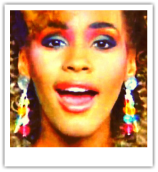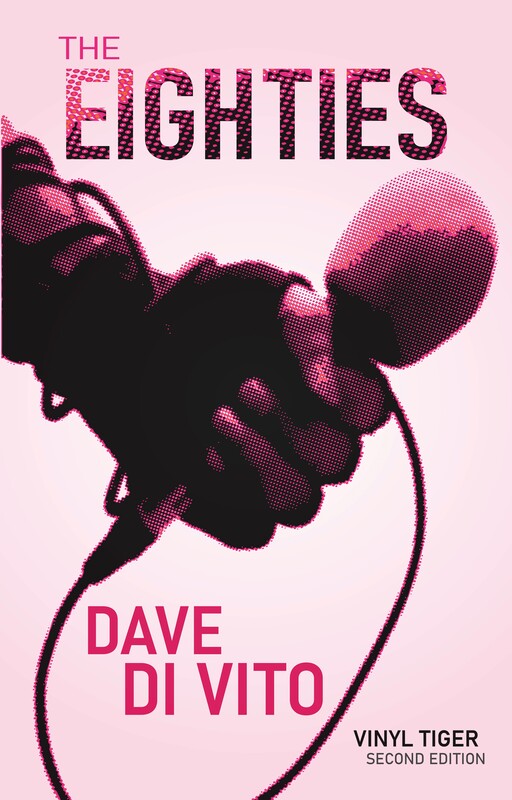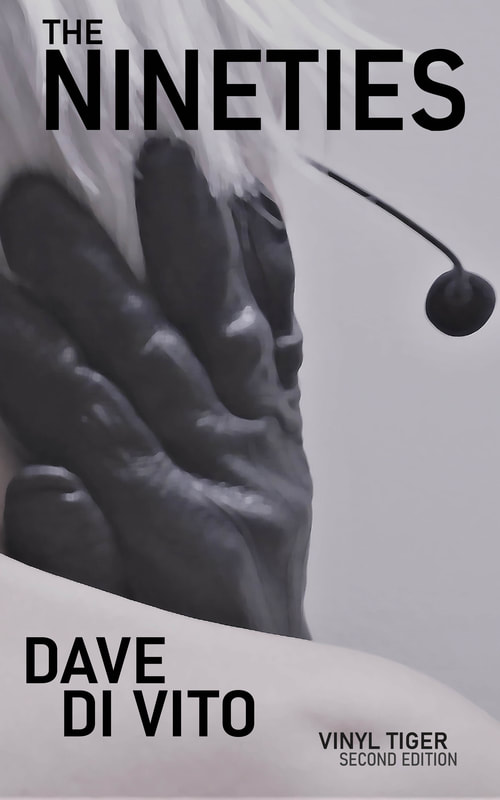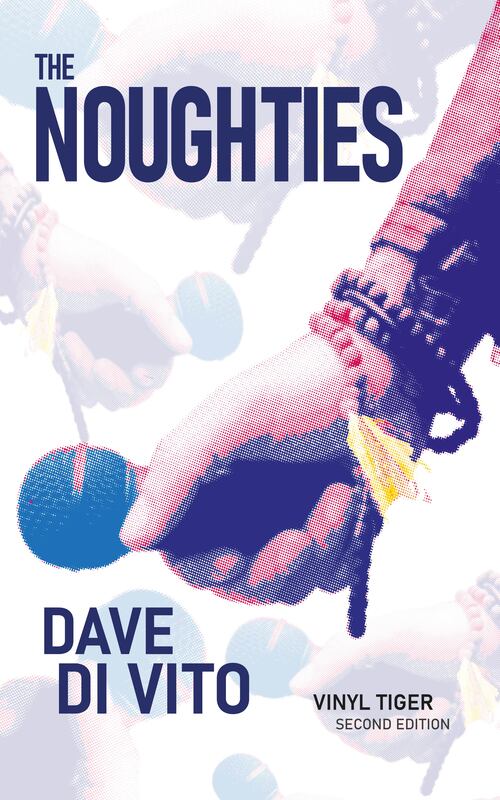 In the last few weeks there has been a global outpouring of grief, disbelief and resignation to Whitney Houston's death. At her best Whitney was as beautiful as a model, a singer without peer and fascinating both during her significant prime and then seemingly endless self destruction. The power of music is that it often provides a backdrop to our lives, and if you think about Whitney Houston and consider that commercially she had an almost unassailable decade at the top (1985-1994), its not unusual to expect that a legacy from those years will remain. But the fact is that Whitney, compared to many of her peers and contemporaries, was often an inferior artist in the overall sense, notwithstanding those amazing vocals from the first half of her career. Whitney was a consummate singer, a chanteuse who was at her best delivering icy ballads, and for years nobody from her generation could even think to compare vocally. This however was something of a trap for her and her management who repeatedly steered her catalogue towards middle of the road, formulaic muzak. Unfortunately, much of what Whitney recorded dated very quickly, is often questionable in relation to subject matter (did feminists ever take umbrage in her song choices?) and aside from her sometimes gritty vocals is the kind of schmaltz that is best left back in the 1980s and 1990s. The phenomenal success of The Bodyguard soundtrack is a case in point. The movie and soundtrack were unequivocal successes, the songs mere showcases for her vocal abilities, but twenty years on act more like old photos to mark a time that has passed rather than attest to any enduring significance. That these songs so completely dominated the airwaves between 1992 and 1994, racking up record breaking sales and chart successes would prove to be a mixed blessing for Whitney. In a way, The Bodyguard was like a greatest hits album. Once its been released, it somehow marks a decline in the fortunes of the rest of a performer's career. Commercially, this was definitely the case for Whitney; where she once dominated the US charts, the week after her death marked the first time twelve years that she had reached the US Top 40. Once the 1990s rolled out, we began to see the beginnings of the demise of her vocals for well documented reasons, but Whitney's music also became more interesting. My Love Is Your Love was one of the first credible steps she took towards RnB, after mixed attempts through the 80s How Will I Know, I Wanna Dance With Somebody (Who Loves Me) and 90s I'm Your Baby Tonight, My Name Is Not Susan did little to suggest that she was more than a vocalist on alternatively bubblegum and more generic attempts at RnB and New Jill Swing. Later releases such as I Look To You hid occasional gems (Call You Tonight) amongst more of the same attempts at balladry, HipHop and RnB stylings, but without the voice we loved so much, Whitney didn't have much else to offer us, and as such, her reality TV fate was sealed. Have a listen to her Greatest Hits album...see if you can sit through all those ballads and not squirm uncomfortably, or wonder what the hell the neighbours are thinking of you.
0 Comments
Your comment will be posted after it is approved.
Leave a Reply. |
Dave
|
|
|
Dave Di Vito is a writer, teacher and former curator.He's also the author of the Vinyl Tiger series and Replace The Sky.
For information about upcoming writing projects subscribe to the mailing list. Dave hates SPAM so he won't trouble you with any of his own. He promises. |




 RSS Feed
RSS Feed